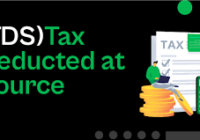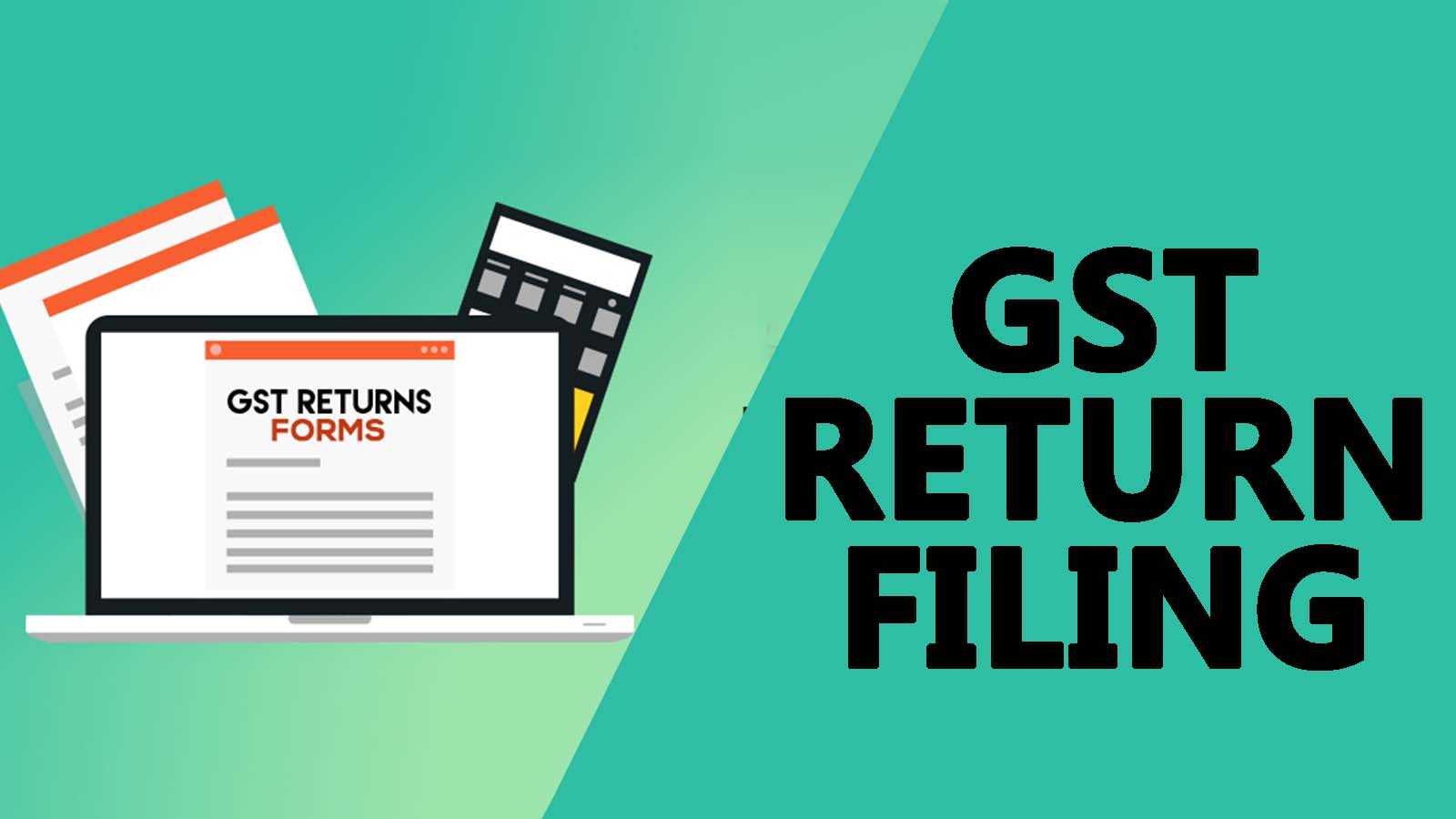How to check TDS compliance in audit?
Check TDS compliance in Audit Check TDS compliance in audit, To Check TDS compliance in audit, you can follow these steps: Obtain TDS Returns: Request the auditee to provide copies of filed TDS returns (Form 24Q, Form 26Q, etc.) for the relevant assessment years. These returns contain information about the TDS deductions made by the… Read More »








